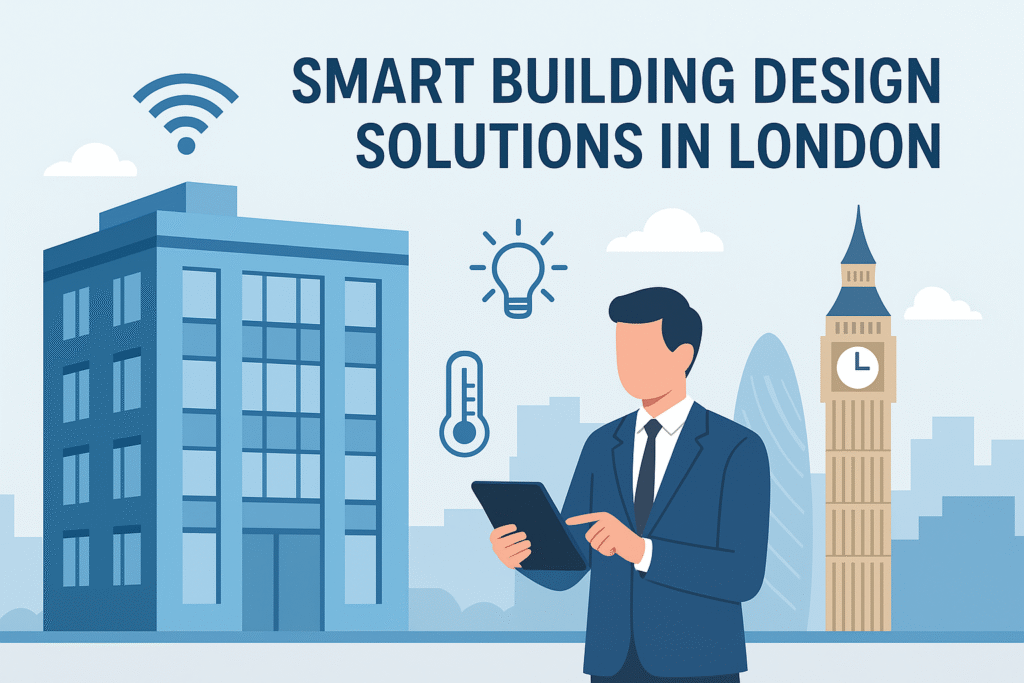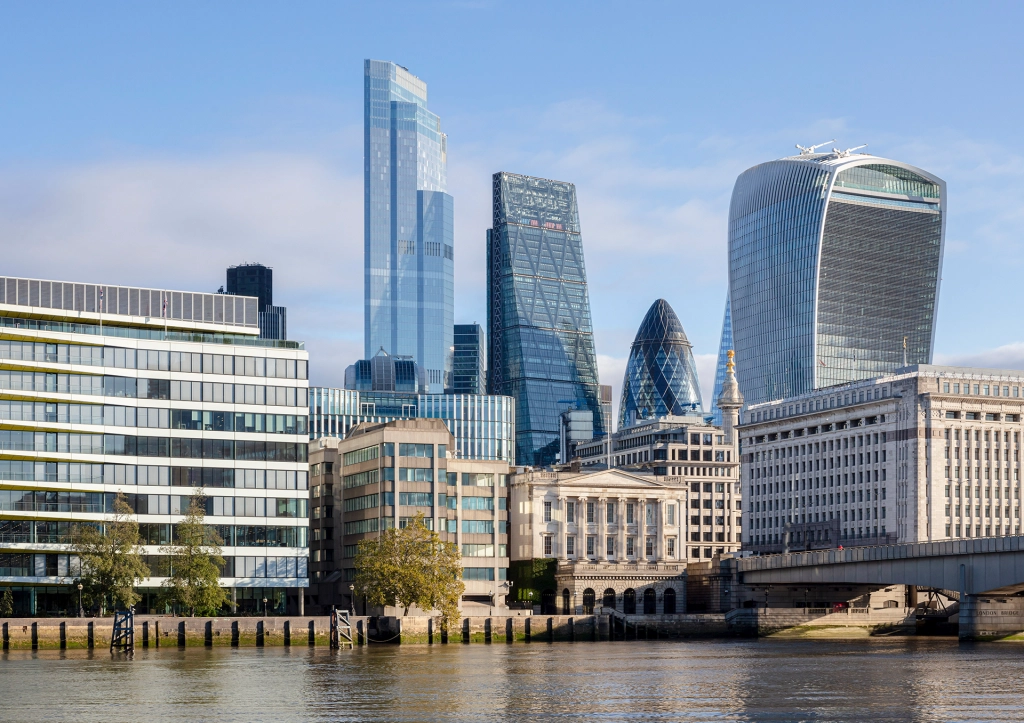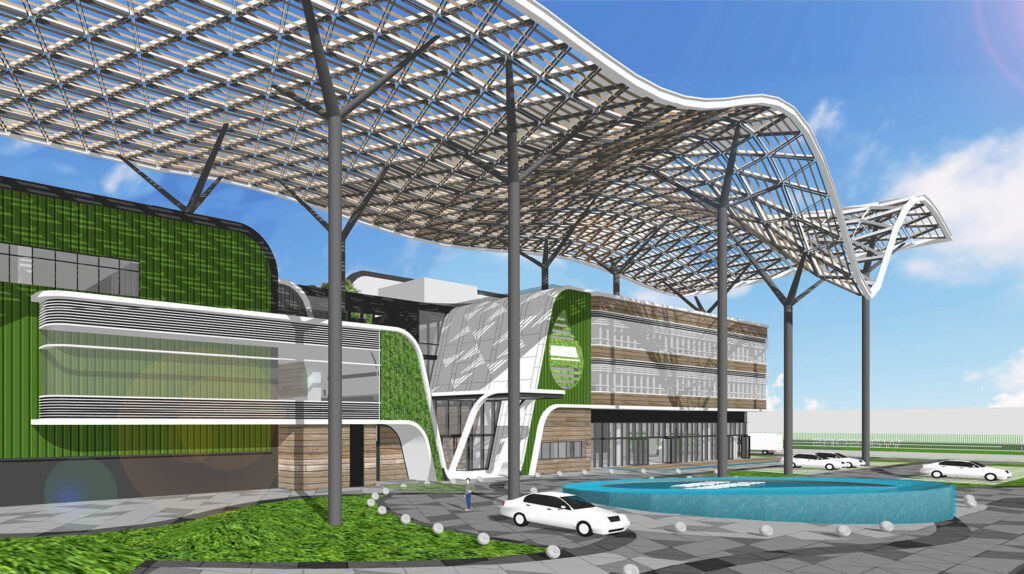In the heart of London, the demand for smarter, more efficient, and sustainable spaces is rapidly increasing. With technology advancing at an extraordinary pace, smart building design solutions in London are revolutionizing how commercial and residential spaces are planned, built, and managed. These solutions integrate advanced technologies, eco-friendly materials, and innovative architectural strategies to create buildings that are energy-efficient, connected, and future-ready.
What Are Smart Building Design Solutions?
Smart building design involves the use of IoT devices, automation systems, data-driven controls, and sustainable construction practices to enhance the efficiency and functionality of buildings. From intelligent lighting and heating systems to advanced energy monitoring and security, these solutions focus on improving comfort, reducing operational costs, and supporting a greener environment.
In London, where space optimization and sustainability are crucial, adopting smart design strategies helps businesses and homeowners meet modern expectations while complying with strict environmental regulations.
Benefits of Smart Building Design in London
- Energy Efficiency – Smart buildings use automated systems to monitor and reduce energy consumption. Features like smart thermostats and intelligent lighting can significantly cut down energy costs.
- Sustainability – Eco-friendly materials and renewable energy integration make buildings more environmentally responsible. This aligns with London’s sustainability goals.
- Improved Safety & Security – Smart surveillance systems, access controls, and AI-driven monitoring enhance overall building safety.
- Cost Savings – Automated energy systems and predictive maintenance reduce long-term operational costs.
- Enhanced Comfort – Occupants benefit from optimized air quality, temperature control, and smart lighting that adapts to daily routines.
Applications of Smart Building Solutions in London
London is witnessing rapid adoption of smart building practices across multiple sectors:
- Commercial Buildings: Offices integrate automated HVAC systems, motion-sensor lighting, and smart workspaces to boost productivity and reduce energy waste.
- Residential Spaces: Homeowners are increasingly turning to smart homes with voice-controlled devices, smart meters, and energy-efficient appliances.
- Public Infrastructure: London’s transport hubs, schools, and healthcare facilities are incorporating digital solutions to improve safety and efficiency.
- Retail & Hospitality: Hotels and retail spaces use AI-driven systems for enhanced customer experience, from automated check-ins to smart energy use.
The Future of Smart Buildings in London
As London evolves into a hub for innovation, smart building design solutions are expected to dominate the architectural landscape. Future trends include AI-powered predictive maintenance, integration of renewable energy sources, and fully automated building management systems. With the government’s push for sustainability and net-zero carbon targets, the adoption of smart design practices is set to accelerate.
Businesses and property developers investing in these solutions today are not only future-proofing their assets but also contributing to a more sustainable and connected city.
Conclusion
Smart building design solutions in London are transforming the way buildings are created and managed. By merging technology, sustainability, and innovation, these designs provide energy efficiency, comfort, and long-term cost savings. As the demand for intelligent infrastructure grows, London is positioning itself as a global leader in sustainable urban development.
If you are planning a new project or renovation, investing in smart building design solutions in London is the key to ensuring efficiency, sustainability, and long-term value.


